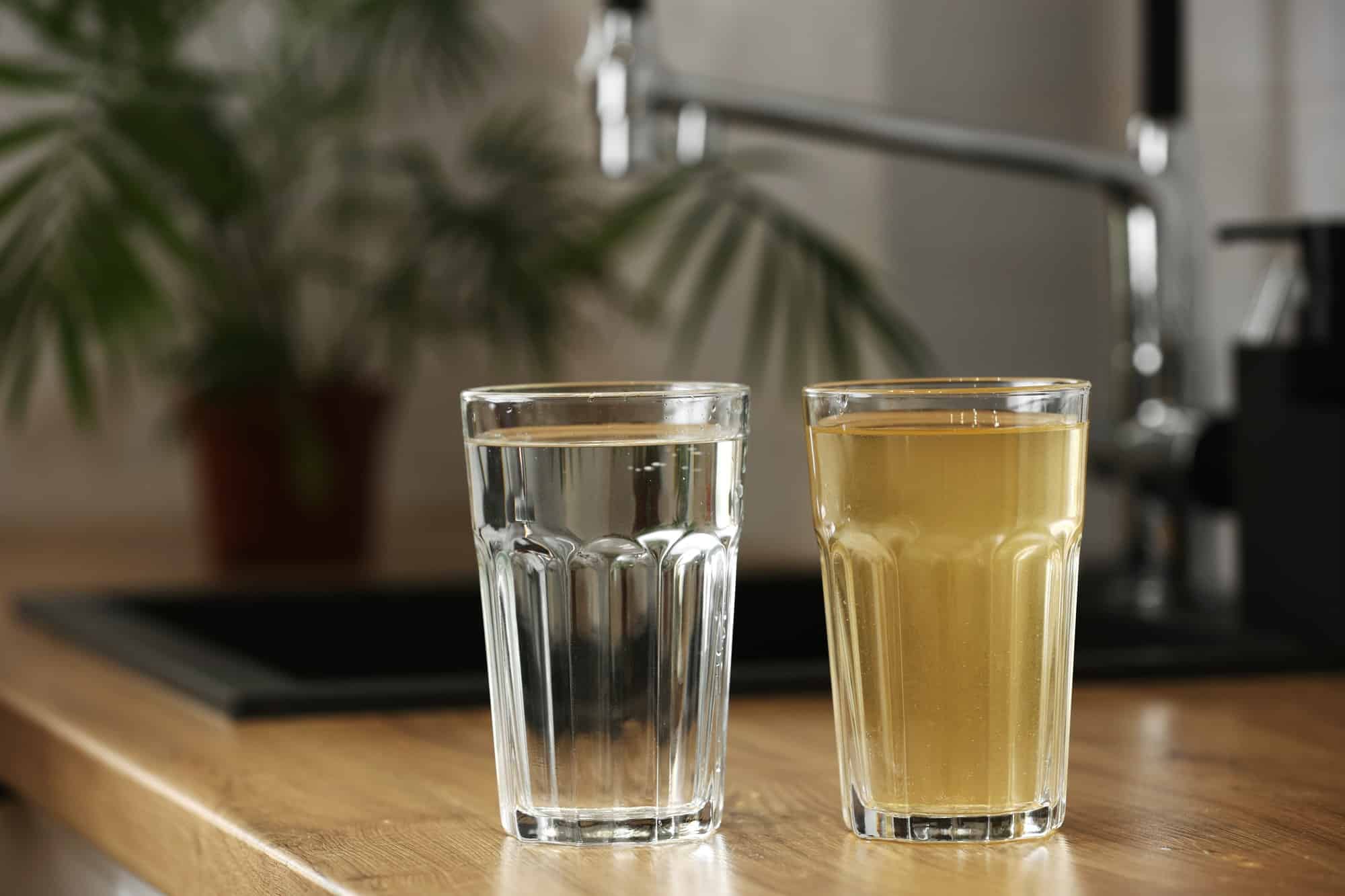What Are the Best Water Filtration Systems for Hard Water Areas?

Water is a crucial resource for households. From drinking and cooking to bathing and cleaning, water plays a significant role in our daily lives. However, not all water is created equal. When it comes to hard water, you may notice a scale buildup on your appliances, or your skin and hair may feel dry after showering. These are signs that you have hard water in your house.
Hard water contains high levels of dissolved minerals like calcium and magnesium. While not harmful to your health, these minerals can cause issues with your plumbing and appliances and affect the taste and quality of your water. This is where a water filtration system comes in, specifically designed to handle hard water.
Also to read : What Are the Best Space-Saving Appliances for a Studio Apartment Kitchen?
In this article, we will delve into five best water filtration systems that are excellent at tackling hard water. We will look at their features, how they remove contaminants and improve water quality, and the flow rate they offer. Let’s get started.
1. Salt-Based Water Softeners
As the name suggests, salt-based water softeners use salt to remove the hardness from water. They work on a technology called Ion Exchange. The system contains resin beads charged with sodium ions. As hard water flows through the system, the calcium and magnesium ions are swapped with sodium ions.
Also read : How to Craft an Authentic British Tea Room in an American Home?
Salt-based water softeners are considered one of the best solutions for hard water problems as they completely remove the hardness. However, they do require regular maintenance, including adding salt and cleaning the resin bed. They are also not the best choice for those on a low sodium diet.
2. Salt-Free Water Softeners
Unlike their salt-based counterparts, salt-free water softeners do not remove the hard minerals from water but rather change their form so they don’t stick to surfaces and cause scale build up. This is a more environmentally friendly option as it does not require electricity or waste water. They are also easier to maintain as they do not require salt refills or filter changes.
One drawback of salt-free softeners is that they may not be as effective in very hard water areas or for homes with very high water usage.
3. Reverse Osmosis Systems
Reverse osmosis systems are renowned for providing high-quality drinking water. They work by forcing water through a semipermeable membrane. This membrane only allows water molecules to pass through, effectively blocking the hard minerals and other contaminants.
A standard reverse osmosis system includes a pre-filter to remove sediment and a carbon filter to remove chlorine and improve taste and odor. It’s a multi-stage filtration process that results in exceptionally clean and pure water. However, bear in mind that these systems typically have a lower flow rate and can waste some water in the filtration process.
4. Sediment Filters
Sediment filters are responsible for removing larger particles like sand, silt, and rust from the water. While they do not specifically target hard minerals, they are an important first stage in many water filtration systems. They help to increase the lifespan of the other filters by preventing larger particles from clogging them.
Sediment filters are usually rated by the size of particles they can remove, measured in microns. The smaller the micron rating, the smaller the particles it can filter out.
5. Carbon Filters
Activated carbon filters are commonly used in water filtration systems because they are excellent at improving the taste and odor of water. They do this by removing organic compounds and chlorine. Some carbon filters can also remove certain dissolved metals and chemicals.
While carbon filters are not designed to remove hard minerals, they are often part of a multi-stage filtration system that includes a water softener or a reverse osmosis system. This ensures the water in your house is not only soft but also tastes and smells better.
With the variety of water filtration systems available in the market today, you can find a solution that fits your specific needs. Whether you choose a salt-based water softener or a multi-stage system, remember that the goal is to improve the quality of your water and prolong the lifespan of your appliances and plumbing.
6. Magnetic Water Softeners
Magnetic water softeners are a lesser-known but equally effective method of combatting hard water. These devices make use of magnets that are positioned around or inside the water pipe to create a magnetic field. When the hard water passes through this magnetic field, the minerals like calcium and magnesium ionize, altering their behavior so they no longer adhere to surfaces.
This type of water softener is highly convenient as it doesn’t require electricity, salt, or any sort of chemical treatment. It’s easy to install and requires virtually no maintenance, making it a cost-effective solution. Additionally, magnetic water softeners do not alter the taste of the water or add sodium, making them suitable for people on a low-sodium diet.
However, it’s worth noting that the effects of magnetic water softening are short-lived. If treated water isn’t used immediately, the minerals can revert to their original form. Therefore, this solution may not be the best for those who need to treat large volumes of water or for those who store water for significant lengths of time.
7. Distillers
Water distillers are appliances that purify water by boiling it into steam and then condensing it back into liquid in a separate chamber. This process effectively removes a wide range of contaminants, including heavy metals and microorganisms, along with the hard minerals that cause water hardness.
Distillers offer a high level of purity, often rivaling that of reverse osmosis systems. They are particularly effective for well water and other sources that may contain a high level of contaminants. However, they do have a few downsides. The process of distillation is slow, and the flow rate is significantly lower than other filtration systems. Furthermore, they use a substantial amount of energy and can also remove beneficial minerals from the water.
As a result, distillers are often used in conjunction with other filtration systems to ensure a balance between pure and mineral-rich water.
Conclusion
Choosing the best water filtration system depends on various factors, including the hardness of your water, your budget, and your specific needs. The aforementioned systems – salt-based and salt-free water softeners, reverse osmosis systems, sediment filters, carbon filters, magnetic water softeners, and distillers – all offer unique benefits and drawbacks.
For best results, you may want to consider a multi-stage system that combines several types of filters. This allows you to enjoy the benefits of each method and ensures that your tap water is free from hard minerals and other contaminants.
To decide which system is right for your house, consider testing your tap water to determine its hardness and contaminant level. Moreover, keep in mind that regular maintenance and filter replacement is essential to ensure the efficiency of your filtration system. With the right system in place, you can enjoy better-tasting, cleaner, and healthier drinking water every day.
